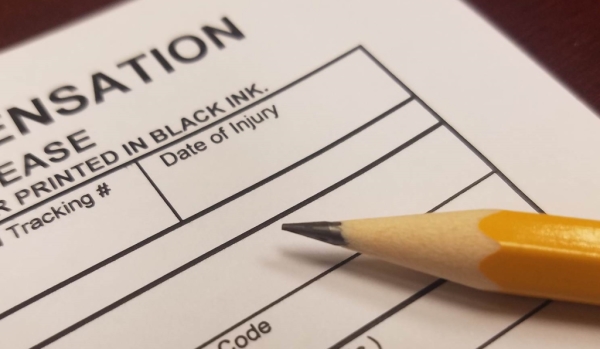By: Jennifer M. Smith, Esq.
For insurance adjusters, being assigned Georgia workers’ compensation claims means getting very, very familiar with forms. Forms are big in Georgia. Adjusters not only need to know which form to use when, but also need to be aware of deadlines for filing, what documentation needs to be included with filing and what type of notice needs to be provided to the claimant and/or opposing counsel. The difference in not following all of the required guidelines could mean the controvert is not valid, the suspension or reduction of benefits is not proper or the offer of suitable light duty is not going to hold up when examined by the judge. A very frustrating example is having a valid full duty release from the authorized treating physician but having to recommence benefits, with penalties, because the claimant was not provided the required 10 day notice before suspending benefits with the filing of the WC-2.
What is an adjuster to do? Remembering all of these requirements is difficult, but extremely important to effectively managing claims. Below we have provided a chart for the most used forms with respective requirements and deadlines. (Often, the forms themselves will provide this information, albeit in small print). You can also click here for a copy of the KDA cheat sheet, which has a more complete list on the second page. In addition, we have recently conducted two half-hour “Lunch and Learns,” in which we went into detail regarding the WC-1 First Report of Injury and the WC-240 Offer of Light Duty. Click here and here to listen to audio recordings of these sessions.
- WC-1: First Report of Injury. File within 21 days. The purpose is to report an injury to the Board to document the Board file. It is also used to controvert claims or designate as medical only.• WC-2: Notice of Payment or Suspension of Benefits. Must file and serve at the time benefits are commenced, suspended or modified, with different requirements depending on the action. The purpose is to alert parties and the Board of a change in benefits status and basis for modification.
o Full Duty with return to work for employer: If the claimant returned to her job after a full duty release, the WC-2 just needs to be filed for the date she returned and benefits were suspended. No 10 day notice is required because the employee returned to work.
o Full Duty without return to employer – 10 day notice required: If the authorized treating physician released the claimant to full duty but the claimant is not returning to work for the employer, the claimant needs to be provided 10 day notice before benefits are suspended.
o Conversion from TTD to TPD after light duty release: The WC-2 is filed after a WC-104 was filed previously (essentially the year before) to convert from TTD to TPD after either 52 consecutive or 78 aggregate weeks of light duty in non-catastrophic cases. See below for requirements for the WC-104.
• WC-3: Notice to Controvert. File within 21 days or 81 days. (81 days if claim accepted as compensable and later denied).). This form is used to deny the entire claim or part of the claim (such as medical services) and needs to state the reason for the denial. Failure to file does not eliminate rights, but the Board can assess penalties and fees.
• WC-104: Notice of Light Duty Release. Within 60 days of release. This form will not be valid if the authorized physician’s release is not attached to the form. The light duty release also has to be issued within 60 days of the claimant being seen by the physician. With filing of a valid WC-104, the claimant can be reduced from TTD to TPD after 52 consecutive or 78 aggregate weeks of light duty.
• WC-240: Offer of Suitable Employment. Send with 10 days notice and within 60 days of approval of WC-240a by authorized treating physician. The purpose is to notify the claimant of the position with 10 days notice. Without properly following the WC-240 process (10 day notice, approval of job by the physician and reinstatement of benefits after attempt at light duty for 8 cumulative hours or one scheduled workday), the employer may forfeit the defense the claimant unjustifiably refused suitable employment. Click here for a full discussion of the WC-240 process.


Leave A Comment